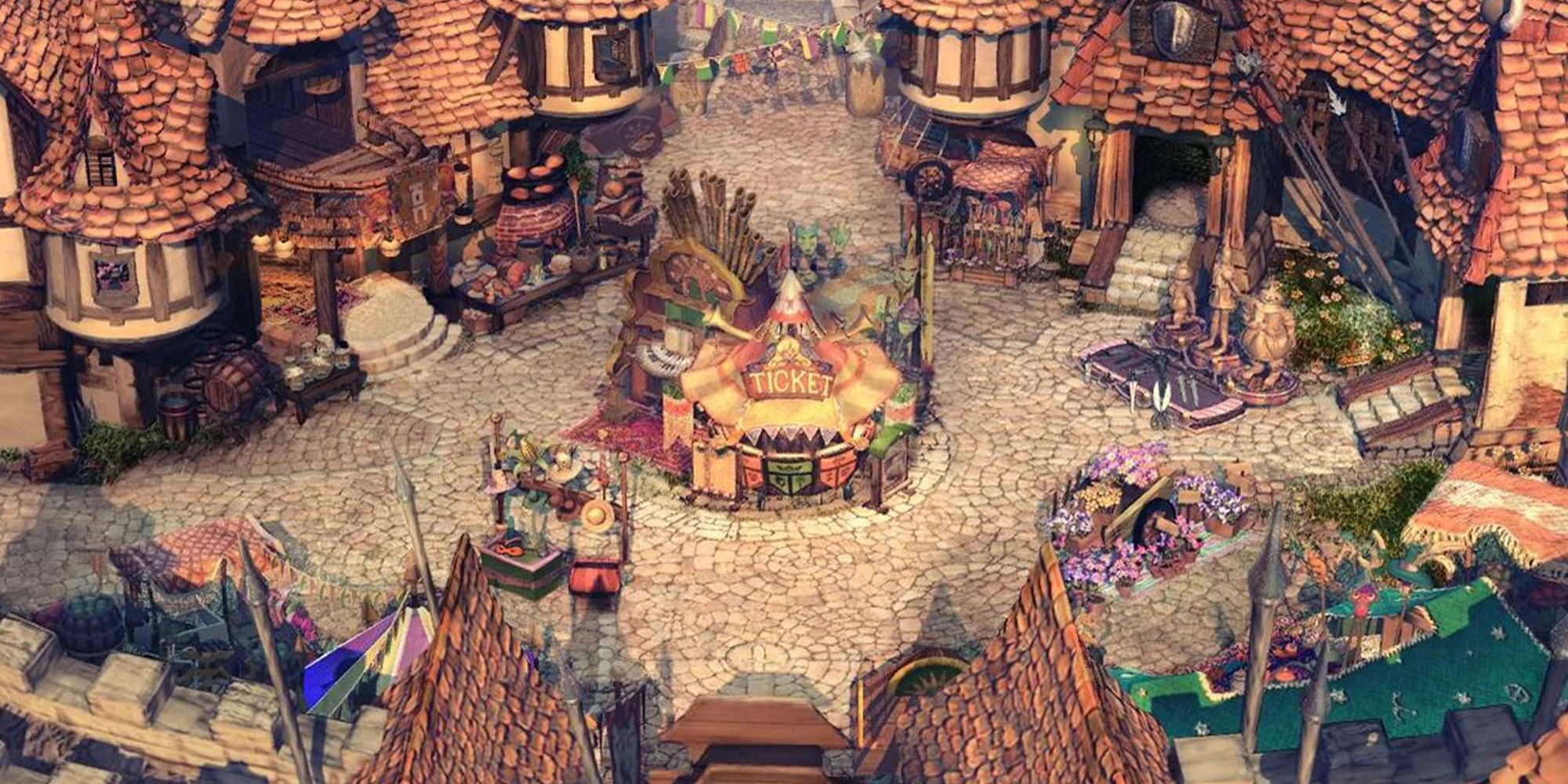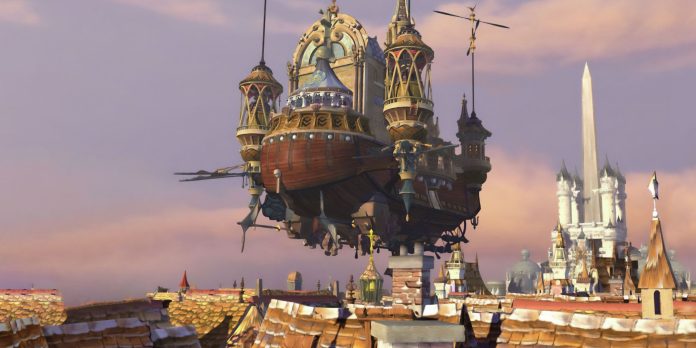I’m replaying Final Fantasy 9 right now, a game so pivotal to my video gaming life that I was convinced I knew everything you could possibly know about it. An experience I saw through to completion so many times as a child that there is no way I could’ve possibly misconstrued its level of grandeur. Turns out that JRPGs from 25 years ago hit differently after all this time.
That isn’t to say it’s a bad game. Far from it, and now I’m 10 hours into a new save, it’s still one of my favourites in the series. A bona fide JRPG masterpiece in its own right that is very much deserving of the remake treatment – so long as they do it right – with so many amazing characters, moments, and mechanics. It’s a banger, but part of me is surprised at the simple nature of its narrative. It unfolds in small spaces with tight conflicts that at a young age just felt so much bigger. But that’s down to the beauty of my own imagination.
Your Imagination Does More Heavy Lifting Than You Think In Video Games
Have you ever been afraid to go back to something you loved as a kid now that you’re deep into adulthood? Afraid that the picture your young brain painted of something will be tainted once you dare take a second plunge? It’s only natural, but sometimes it’s fun to revisit things from not just a personal perspective, but a critical one; to see how things hold up or uncover why you enjoyed them so much in the first place. Luckily, for Final Fantasy, the series is known as a hallmark of quality in the genre, especially during the PlayStation golden era.
With its luscious pre-rendered backgrounds, extensive dialogue, and unique worlds to delve into, each entry of the PlayStation era was an unparalleled achievement. But during the early era of 3D graphics, your mind still had to do so much of the heavy lifting. Mouths rarely ever moved during cutscenes and there was no spoken dialogue to speak of, while locales that were set to be entire kingdoms would only take up a few explorable screens and a handful of battles before you left them behind for good. But if everything was executed well enough, this mess of primitive pixels could feel like a living, breathing world.

Take the Kingdom of Alexandria as an early example. Vivi begins on a random street as he is knocked over by a passerby, making his way to the central square to validate his ticket for an upcoming play. But it’s a fake, and he has to find another way to enjoy the show. You have only just started the game, and already there are countless NPCs to talk to, each with their own lives we can’t help but ponder. This sense of place is why the earlier Final Fantasy games are so beloved, and why their increasingly linear design in the years that followed was cause for such ridicule. Despite such little processing power, these worlds feel so real.
I always take the approach that the areas we explore as players are only half of the picture, a curated glimpse at the likes of Alexandria and Midgar, which stretch further than our eyes will ever see. There are clues to this in the buildings that stretch out before us that we lack permission to enter, hiding characters and stories doomed to remain a mystery. The game doesn’t need to explain everything about a fictional world, you just need to show us enough to believe and care. And we did exactly that for years and years when it came to Final Fantasy, so much so that it took decades of absence for me to realise just how primitive it really was.
And Final Fantasy 9 Is Smaller Than I Ever Remembered It Being

Final Fantasy 9’s narrative, on the surface at least, is an incredibly grand affair. Zidane is a member of Tantalus who is tasked with kidnapping Princess Garnet from Alexandria, only to realise she is willing to go along with their plans if it means escaping her mother’s clutches and to find out exactly what she has planned. Cue a globe-trotting adventure in which our party of beloved characters find themselves embroiled in conflicts where the fate of the world hangs in the balance.
But I’ve been through a few of these moments already – notably the invasion and destruction of Cleyra – and I’m shocked by how quickly so many of these sequences unfold. I arrive, chat with a couple of townsfolk, defeat a boss, rest at the inn, and within minutes it all kicks off. In replaying this game for the umpteenth time, it feels like I know where to go and how it unfolds, but even then the pace is blistering. There is no reason to linger either, meaning that a whole city is wiped off the map in less than 20 minutes.
This isn’t a bad thing (unless you’re a Cleyran), I just find it fascinating how much my imagination helped to fill in the gaps at a younger age, doing so much to make this world and its circumstances feel so, so genuine. I remember fighting for my life to save the people of Cleyra and watching in panic as Queen Brahne razed it to the ground. Suddenly, this wasn’t just a conflict that involved a few stalwarts trying to make life worth living, but an entire world filled with millions of people.
Final Fantasy 6, 7, and 8 are equally accomplished in this regard. The art design, music, and gameplay mechanics combine to create experiences that are bigger than they have any technological right to be. I’m not a kid anymore, but upon revisiting classics like this, I can’t help but feel like one again.
